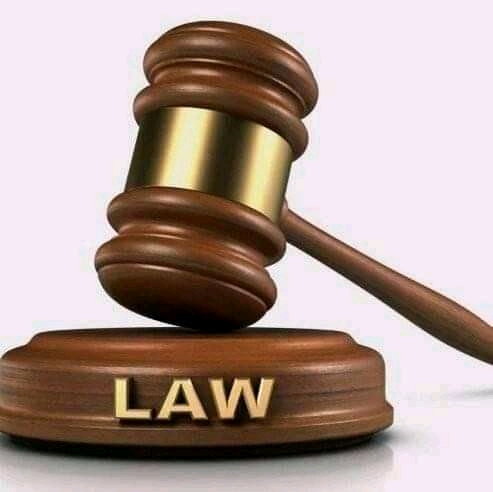By Dickson Bandera
Zimbabwe has seen more than 150 Statutory Instruments (SI) proclaimed in the year 2023. The Statutory Instruments have addressed loopholes and introduced some changes deemed necessary in various pieces of legislation regulating sectors like environment, tourism, finance, transport, mining, energy and trade.
Statutory Instruments are powerful legal proclamations used by the president, ministers or local authorities to give directives that may become necessary to effectively implement the provisions of an Act.
Section 3 of the Interpretation Act Chapter 1:01 defines a Statutory Instrument as “any proclamation, rule, regulation, by-law, order, notice or other instrument having the force of law, made by the President or any other person or body under any enactment.”
Every Act contains provisions which confer some powers to office bearers like the President, Minister or other designed persons.
This is so because when an Act is designed it gives a broad policy, without minute details and authorities are given powers to spell these details or decide on how to best implement the policies.
Some alterations or additionals may just become necessary with time and will come in form of Statutory Instruments.
In Zimbabwe the title “Statutory Instrument” was adopted in 1979 to replace the title “Government Notices” which was used by the Rhodesian government from 1963 to 1979.
Statutory Instruments are gazetted in the Government Gazette and are rooted in the Constitution and the Acts of Parliament.
Section 134 of the Zimbabwe Constitution provides that an Act of Parliament can delegate power to make Statutory Instruments for purposes laid out in the Act, provided that the statutory instrument does not delegate Parliament’s primary law-making power.
The law says delegation because primarily the duty of making the law rests on the Parliament, which by law can delegate the power to the president, ministers or other institutions or authorities.
To ensure compatibility of the Statutory Instruments with the law, the SI must be laid before the National Assembly in accordance with its Standing Orders and submitted to the Parliamentary Legal Committee for scrutiny.
Here are Examples of Statutory Instruments recently proclaimed in Zimbabwe.
Example 1
The Electoral Act and the Constitution of Zimbabwe provides for the time frame in which elections must be held, but not the exact date to say 23 and 24 August. Section 158 and section 159 of the Constitution and sections 38 and 39 of the Electoral Act provides that a general election must be held not more than thirty days before the expiry of the five-year period of Parliament.
A Statutory Instrument was used to specify the exact dates, time, places and all other relevant practical details which could not be laid out in the Act.
Another Statutory Instrument was used to extend the voting period beyond the 23rd of August when it became necessary to do so.
Example 2
A Statutory Instrument is sometimes a revision used to plug some holes or to give directions on how a specific activity should be executed.
Through a Statutory Instrument, government banned the export or raw lithium in December 2022. The export of raw lithium was a loophole for a country that has a policy on value addition and beneficiation. A Statutory Instrument was used to plug the loophole.
Responding to the increase of road traffic accidents due to human error, a Statutory Instrument 118 of 2023 was proclaimed by the transport minister directing that all public service vehicles shall be fitted with a speed limiting device so that such vehicles will not exceed 100km/hr.
Example 3
After noting the deplorable state of cleanliness in Harare due to poor waste management by the local authority, government proclaimed the Civil Protection (Declaration of State of Disaster- Emergency Solid Waste Management Harare Metropolitan Province) Notice 2023. The SI declared a state of disaster in Harare and conferred powers to the Minister of Environment to spearhead remedial work.


